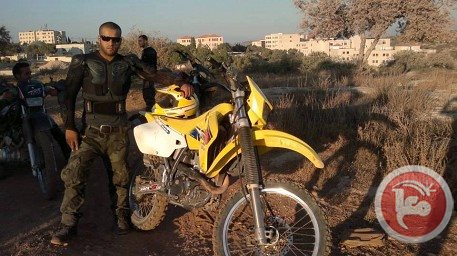Tag: Palestinian Centre for Human Rights
-
Israeli forces use excessive force killing Palestinian civilian and wounding 4 others, including 3 children, in Jenin refugee camp
18th September 2013 | Palestinian Centre for Human Rights | Jenin, Occupied Palestine In an excessive use of lethal force, on Tuesday morning, 17 September 2013, Israeli occupation forces killed a Palestinian civilian and wounded 4 others, including 3 children, in Jenin refugee camp in the northern West Bank. According to investigations conducted by the Palestinian Center…
-
Israel exploits Egypt turmoil to increase attacks on Gaza farmers
18th September 2013 | The Electronic Intifada, Joe Catron | Gaza City, Occupied Palestine Farming in the Gaza Strip’s “buffer zone” is hazardous under the best circumstances. Israeli troops routinely shoot live ammunition at Palestinian farmers in the free-fire area, which stretches hundreds of meters into the besieged territory from the barrier separating it and Israel, and invade their fields…
-
Video: Gaza: The economy under the siege
24th August 2013 | International Solidarity Movement, Gal·la | Gaza, Occupied Palestine Khalil S. Shaheen, Head of the Economic Unit at the Palestinian Center for Human Rights, talks about the Gaza economy under the siege, how the occupation and the siege affect directly the economy, and therefore the development of the oppressed Palestinian people, denying them the…



